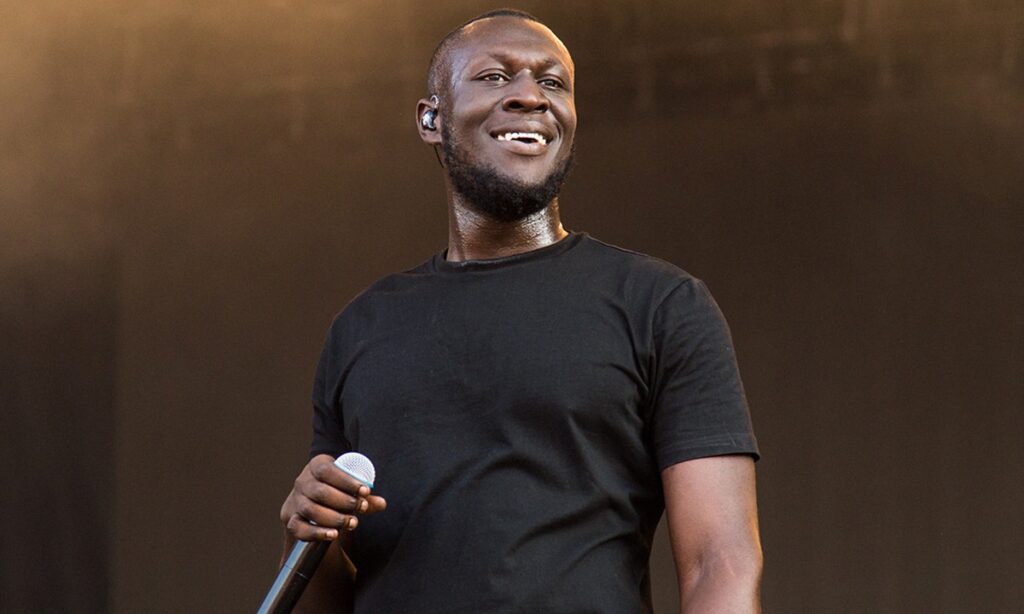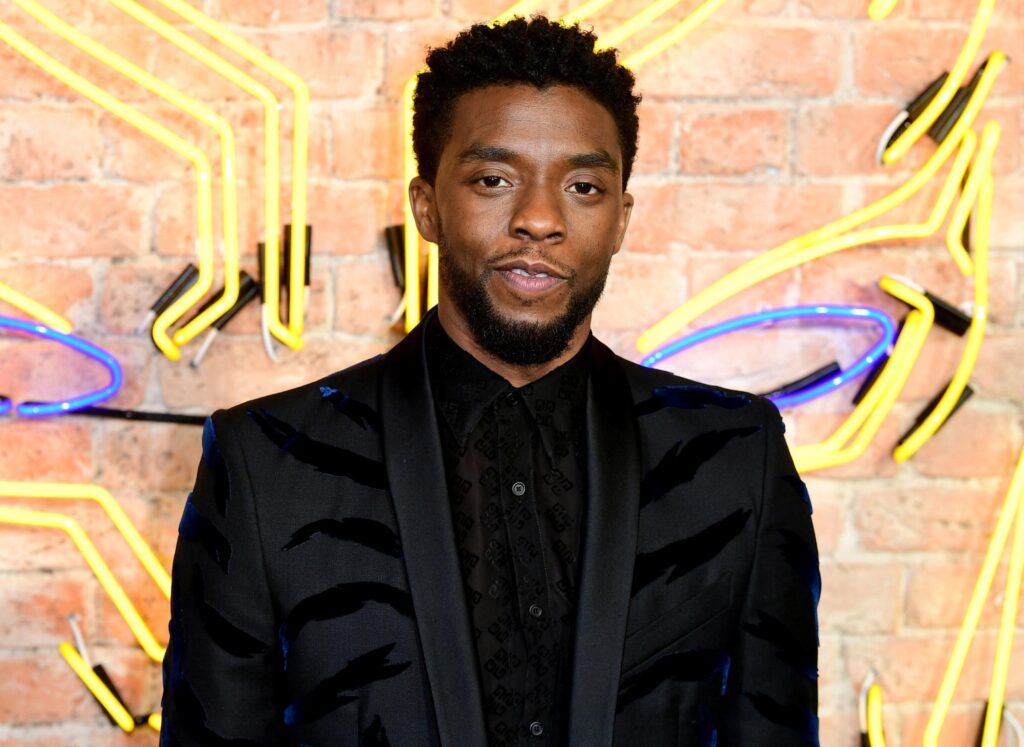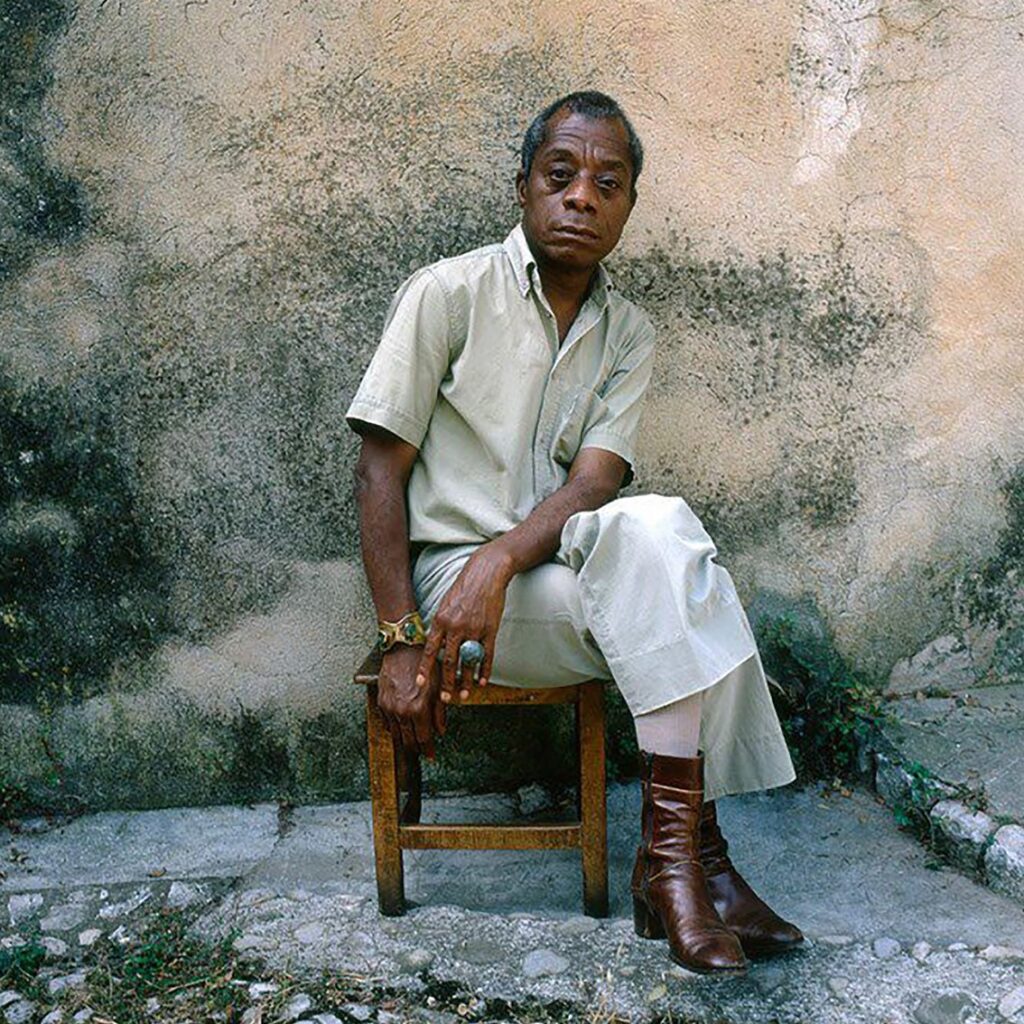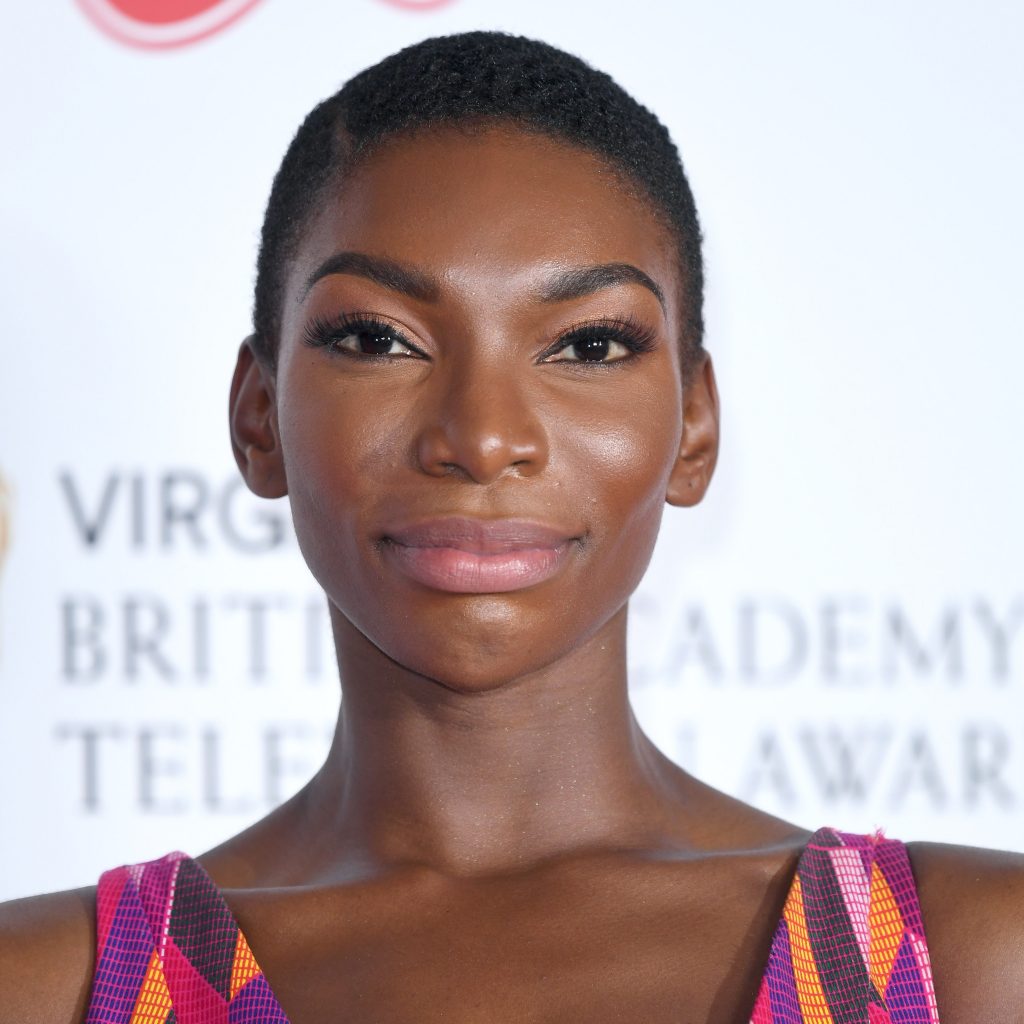Each month MeWe will be nominating a Black, Asian or Minority Ethnic creative, from past and present, who leads the way, stands their ground, or inspires the next generation through their work, actions and leadership.
February 2021: Cicely Tyson

“I was determined to do all I could to alter the narrative about Black people – to change the way Black women in particular were perceived, by reflecting our bocoran slot gacor dignity.”– Cicely Tyson, Just As I Am, published only a few weeks before her death.
“Cicely decided early on that her work as an actor would be more than a job. She used her career to illuminate the humanity of Black people. The roles she played reflected her values; she never compromised. Her life so fully lived is a testimony to Greatness.”
January 2021: MF Doom

If your favourite Hip Hop artist had a top 10 greatest MC list, the name MF Doom is likely to feature at the top of that list. That’s why this month, we are celebrating the life, work and times of the now departed MF Doom.
MF doom (aka Metal Face Doom, Metal fingers Doom, Mad Flow Doom, Victor Vaughn and rapper King Geedorah) is one of the strangest and yet most influential rapper/ hip hop producer to emerge in the last 20 years. He was born Daniel Dumile in London, England on January 9, 1971, and although he passed away in October 2020, his death was kept a secret and only announced in the twilight moments of the year 2020. This parting shot of defiance to convention from Slot Gacor Anti Rungkad beyond the grave was very typical of this most unusual and influential of MCs.
“What we have here is a failure to communicate
If you gonna hate, might at least get your rumors straight
about Doom the Great, a lot more confident
Came a long way since the days we had to rhyme for rent
It was time well spent, vented
Spelt and dented, hell-bented and heaven-scented”Danger Doom- El Chupa Nibre
As a kid, Daniel immersed himself in the world of Marvel Comic superhero cartoons. Indeed, his later nom-de-plum is rumoured to have been given by his mum because of his obsessive devotion to the Marvel comics uber-villain Dr Doom. Later, themes of villainy, comic book archetypes, Japanese Jaiju genre films, rare and obscure soundtracks would dominate his mind-altering, crate digging, sonic constructions with stream of consciousness rhymes that intrigued and baffled his contemporaries.
That said, Daniel didn’t kick off his career as an Avant Garde Svengali. Doom started off rapping as Zed Love X in the 90’s boom bap rap group KMD, with a side-line featuring in the underground rap song “Gas face’ by 3rd Bass. 1993 dealt a cruel blow when his brother and co-artist DJ Subrock was killed in a car accident. This seemed to send Daniel into a psychological tailspin. Straight off the back of the tragedy, KMD was dropped by their record label Elektra for the dark and controversial cover of their sophomore album ‘Black Bastards’. Plunged into despair and near homelessness, Daniel disappeared for a few years only to re-emerge in the late 90’s obscuring his face with women’s pantyhose while performing at open mike events.
Ever elusive, Daniel’s identity would soon evolve into the metal mask wearing MF DOOM- an identity that harked back into his long-time love of Comic book super heroes.
He released his solo album Operation Doomsday in 1999, followed by Mm Food (2004). He also released three albums under alter ego King Geedorah and Victor Vaughn. In total he made six solo albums with his final album Born Like, released in 2009. Doom also struck gold with his various music collaborations of which the album Madvilliany (made with producer Madlib) gained mythic status. Madvilliany was a critical and
commercial success. Doom also worked with the likes of artists from Damian Alban to Bishop Neru and Wu Tang Clan’s Ghost Face Killa.
In 2013, Thom Yorke, who collaborated with Dumile on two occasions, said Doom was his favourite rapper:
“The way he freeforms his verses and puts it all together, I don’t think anyone else quite does it like that.”
Doom saw his star slowly rise in a decade that witnessed commercial street rap triumph at the top of the charts. Eschewing the jewel encrusted street rap of Jay Z, and Jah Rule, Doom was all about that nerd flow that went against the current of 50 Cent’s gangsta bounce. Doom would shoulder rhymes about flossing and nihilistic posturing in exchange bars about random, funny shit.
“If I had a dime for every rhymer that bust guns,
I’d have a cool mill’ for my sons in trust funds.”
– KON QUESO
“Umm, he wrote this one with a fever sick in bed
With his dickhead inside a chickenhead
No, a dead chicken’s head, he said it help his nausea
If he lost ya’, wait till he tell you about the flying saucer”
– LICKUPON
Rap afficionados around the world recognised his flow, word play, production and creative audacity as a fresh hark back to bygone era not unlike Dela Soul’s 6 ft High and Rising. Doom’s music is characterised by a smooth, raspy stream of consciousness flow married with sly commentary and a production with a Victor Frankenstein aesthetic- tempo and beat
switches, draped with complex internal and multi syllabic rhymes and a flow to kill for.
But MF Doom didn’t just build a sound, he also constructed a world with shadow like characters imagined in vivid pop-cultural colours. He produced a mythos, not as sprawling as George Clinton’s Parliament Funkalic, but just as warped and blinding in its internalised logic. There was his King Geedorah persona; a re-imagining of the three-headed dragon from the
Godzilla movies as a rapper. Then there was the Vaudeville Villain Viktor Vaughn, a time-travelling scientist and villain understudy to his central central MF Doom. When asked about his various personas by Jeff ‘Chairman’ Mao in 2011 at the now famous Red Bull Academy interview, he expanded:
“The idea of having different characters is really to get the storyline across.
The idea of having one different character all the time, to me, makes – to me – the story boring. I get that mainly from novels, that style of writing, or movies, where there’s multiple characters who carry the storyline. It might be written by one director or writer or directed by one director, but there’s multiple characters. You need it. So the more, the better with me. This way I could come from one point of view, another point of view. They might even disagree on certain things. I think a lot of times, especially in hip-hop, artists get pigeonholed into being, “You’re the guy.” It’s kind of limiting in a way. I look at it like I’m the writer. Same way with the skits. Have the record tell the story, you know what I’m saying? Have little intervals and cut scenes. Everything flows better when I got multiple characters to portray the story”.
Once in Toronto he infuriated fans when a masked imitator allegedly performed in his stead. An act that was unfortunately more the rule than the exception. When interviewed by HipHop DX.com, Doom said:
“I’m a director as well as a writer. I choose different characters, I choose their direction and where I want to put them. So who I choose to put as the character is up to me. The character that I hired, he got paid for it. When I go to a show, I’m going to hear the music. I’m not going to see no particular person…. People need to think outside of the box, Hip Hop is not just what you expect it to be. This is a growing genre, it’s a creative field. So when you come to a DOOM show, I’m letting all the cats know now, come to hear the show and come to hear the music. To see me? Y’all don’t even know who I am!”
And that seemed to cut straight to the heart of his masked persona. Hip Hops greatest cult MC, totally rejected the celebrity cult of personality. His desire for anonymity had always been about highlighting the music and not the artist. Although never explicit in Doom’s lyrics, Dumile’s personal worldview was informed by Afrocentrism, Five Percent teachings, Pan Africanism and the teaching of Marcus Garvey and Elijah Mohammad.
His output waned in the later years of his life. He co-piloted an album with Czarface in 2018, followed by his final released recording (during his lifetime) guesting on “Cookie Chips” by Rejjie Snow and Cam O’bi.
Upon his death, Variety called Dumile “one of the most celebrated, unpredictable and enigmatic figures in independent hip-hop”. He was also eulogised in an obituary in The Ringer, “his flow was loose and conversational, but delivered with technical precision, and his usage of rhyme and meter eclipsed that of Big Pun and Eminem”.
Shortly after the announcement of Dumile’s death, super producer Flying Lotus revealed that they had been working together on an as-yet unfinished collaborative EP.
MF DOOM defied the convention in rap by tapping into the comic book and genre film fueled by the nerd of his childhood. He championed and projected the hyper masculine rap world, the possibility that there was a sweet spot for the nerd in the pantheon of rap gods. For this, he has had a massive impact and influence on older and next generations of young experimental rappers, from Mos Def and MIKE to Earl Sweatshirt, Even Playboi Carti and Tyler the Creator.
RIP Daniel Dumile aka MF DOOM, Metal Face Doom, Metal fingers Doom, Mad Flow Doom, Victor Vaughn and rapper King Geedorah.
Written by MeWe Member Akin Akinsiku.
December 2020: Edward Enninful OBE

Image sourced from Vogue Business.
“Fashion has a part to play in this. It occupies a unique place in the zeitgeist, and it has a singular ability to shift mindsets. I implore fashion brands, publications and retailers to employ more people from diverse backgrounds – I truly believe this is the only way to effect real change. We need black people ingrained within the infrastructure of the fashion industry, not just on the other side of the camera or appearing on an Instagram feed. People need a seat at the table.” (Source)
November 2020: Stormzy

Since becoming a star on the global music scene, nominated for 6 BRIT Awards & winner of 3, Stormzy has done his bit to open up opportunities for young black people in higher education. In 2018, he funded 2 scholarships for black students accepted into Cambridge University, and in 2019 he funded another 2.
This year, during the month of June 2020, Stormzy has announced he will be donating £10 million over 10 years to Black British causes.
As Stormzy stated in light of his pledge:
“The uncomfortable truth that our country continuously fails to recognise and admit, is that black people in the UK have been at a constant disadvantage in every aspect of life – simply due to the colour of our skin. I’m lucky enough to be in the position I’m in and I’ve heard people often dismiss the idea of racism existing in Britain by saying “if the country’s so racist how have you become a success?!” and I reject that with this: I am not the UK’s shining example of what supposedly happens when a black person works hard. There are millions of us. We are not far and few. We have to fight against the odds of a racist system stacked against us and designed for us to fail from before we are even born. Black people have been playing on an uneven field for far too long and this pledge is a continuation in the fight to finally try and even it.”
Among many achievements, we also highlight the work Stormzy is doing to the world of publishing. Partnering with Penguin Random House UK, Stormzy curates #Merky Books as a home for underrepresented voices to “allow a new generation of writers and readers across the UK to see themselves represented more regularly within the pages of a book.” Their annual competition the New Writers’ Prize is open to young, underrepresented, and unpublished writers from across the UK and the Republic of Ireland. Winners receive a publishing contract with #Merky Books.
More recently, if you haven’t caught the news, this month Stormzy once again joins the top 10 most influential black people in Britain (Black Powerlist 2021), ranked #3 after Lewis Hamilton MBE and Professor Kevin Fenton. Following Stormzy, @ #4, we have the fantastic Michaela Coel who we nominated as our trailblazer of the month back in July (please scroll down).
We aren’t the only ones to recognise Stormzy’s achievements. The National Portrait Gallery is exhibiting a fantastic photo of him among the crowd of historical figures.
Gallery director Nicholas Cullinan shares:
“Stormzy has undoubtedly had a significant influence on British culture today, both through his music and work with minority groups and young people, and we hope our visitors will enjoy the juxtaposition of this new work with historic paintings of influential figures from the Victorian era, from politicians, royalty and radicals to artists, sporting heroes and singers.”
Stormzy is making the biggest waves.
October 2020: Sonia Boyce OBE RA

“the system hadn’t anticipated me, or anyone like me. Even though there were a lot of female students, they were thought about as though they were being trained to become the wives of artists, not artists themselves. As a Black person, there wasn’t a narrative at all.”
September 2020: Chadwick Boseman

After so much loss this year, Chadwick Boseman’s death on the 28th of August hit us hard.
While accepting the 2019 award for Outstanding Performance by a Cast in a Motion Picture for Black Panther, Boseman said:
“We know what it’s like to be told there’s not a screen for you to be featured on, a stage for you to be featured on. We know what it’s like to be a tail and not the head. We know what it’s like to be beneath and not above, and that is what we went to work with every day. Because we knew — not that we would be around during awards season and that it would make a billion dollars — but we knew that we had something special that we wanted to give the world; that we could be full human beings in the roles that we were playing; that we could create a world that exemplified a world that we wanted to see.”
And even in his too short career Boseman managed to live his values. He both fulfilled his aspiration to tell the stories that we don’t see enough – not just in Black Panther but many times over in films such as 42, Get On Up, Marshall and Da Five Bloods – and rejected those portrayals that negate our complexity and humanity (early in his career it is reported that he was let go by the soap opera “All My Children” after voicing concerns about the stereotypical nature of the role he was playing).
Elvis Mitchell, film critic and broadcaster wrote:
“There was something in Boseman that understood the power of pride: his performances doubled as meditations on the allure and dangers of self-regard. That is what we responded to in him, especially as African Americans – whose pride can be maligned, treated as effrontery, and turned into a felony because it reflects the ownership of self that white America still has a hard time embracing.”
And we can be thankful that we get him one more time as just before his death Boseman wrapped up filming of the great African American playwright’s “Ma Rainey’s Black Bottom”– now in post-production (produced by Denzil Washington).
Rest in Power Chadwick. 29 November 1976 – 28 August 2020
To echo the words of the NAACP – Thank you, Chadwick Boseman, for showing us how powerful we can be.
August 2020: James Baldwin

James Baldwin would have celebrated his 96th birthday this month. A visionary, activist and literary icon (novelist, essayist and playwright), Baldwin dealt fearlessly with issues of race, class and sexuality. As an openly gay black writer, he was an outsider who refused to be put into a box and fit into neat binaries and he fervently believed in the importance of artists and creatives:
“Poets by which I mean all artists are finally the only people who know the truth about us. Soldiers don’t, statesman don’t, priests don’t, union leaders don’t.”
Near the end of the PBS documentary The Price of the Ticket, Baldwin’s brother tearfully relates some of his final words:
“I pray I’ve done my work so that, when I’ve gone from here, in all the turmoil through the wreckage and rumble, when someone finds themselves digging through the ruins, they’ll find me. Somewhere in that wreckage, they’ll find something they can use, that I left behind. And if I’ve done that, then I’ve accomplished something in life.”
And leaving us with something we can use is surely what Baldwin achieved, a fact demonstrated powerfully in these last months with Black Lives Matter and as issues of racial iniquities have been put under the microscope. Baldwin’s thinking and words have helped us articulate and make sense of what is happening. We have seen his words on protest banners all over the world and old videos of his speeches and interviews go viral.
But crucially for MeWe, his brilliance, and one of the greatest gifts bestowed by him, is his insistence on complexity over easy over-simplification. He teaches us how to take risks; to be courageous in grappling with ambiguity; to give space for people to speak the ‘unspeakable’ and encourages us to resist the seduction of easy slogans. As Carl Phillips, Baldwin scholar, professor of English at Yale and author says about Baldwin, “The fact that he managed to achieve what he did – to keep publishing, to keep writing, to keep speaking, to not [succumb] to the pressure to become just a vocal spokesperson and a hip echo chamber for the most popular position of the day, is a remarkable achievement.”
Further reading:
Work by James Baldwin
Essays
- James Baldwin: Collected Essays edited by Toni Morrison
Novels
- Go Tell It On The Mountain
- Giovanni’s Room
- Another Country
- If Beale Street Could Talk
Work inspired by/about James Baldwin
- Ta-Nehisi Coates’s brilliant bestseller commentary on contemporary race relations in America, Between The World And Me, which was inspired by Baldwin’s own essay collection, The Fire Next Time.
- Raoul Peck’s film: I Am Not Your Negro (based on Baldwin’s ‘Remember This House’ manuscript.
- Barry Jenkins’ film adaption of If Beale Street Could Talk
July 2020: Michaela Coel



